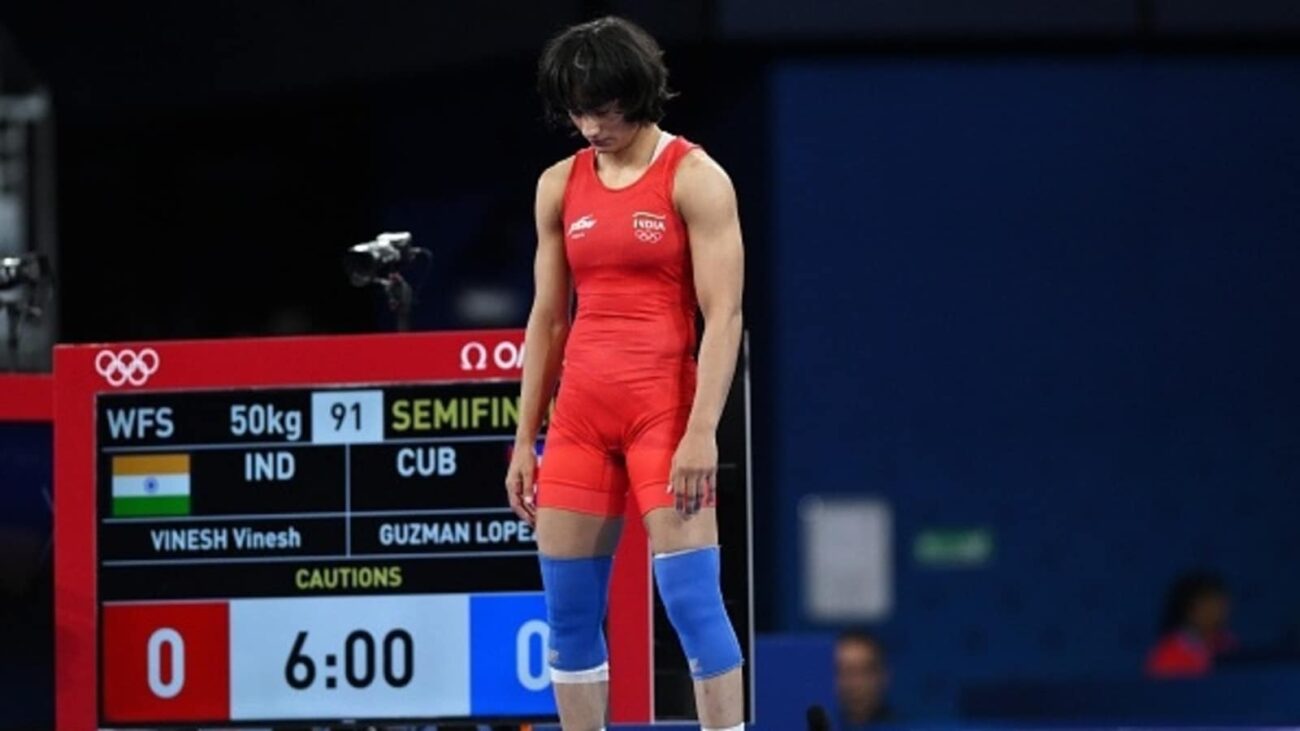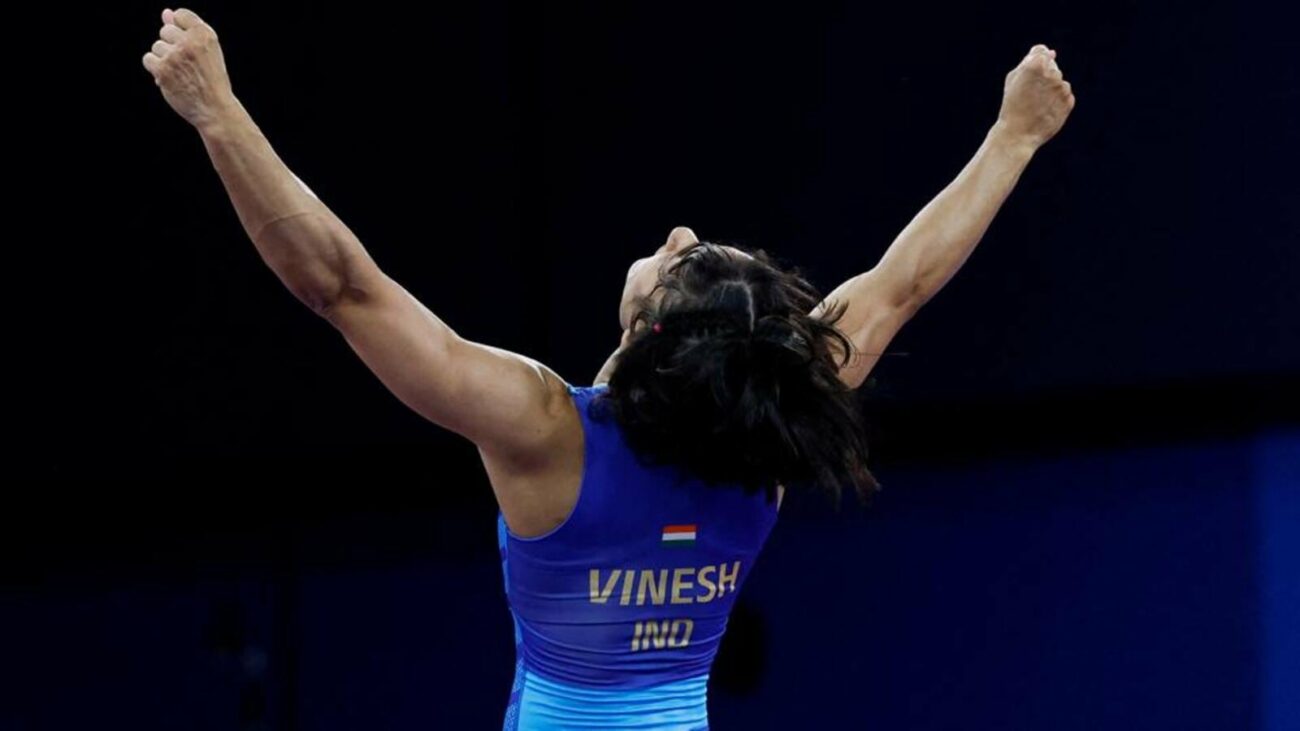Vinesh Phogat’s Olympic Heartbreak: Coach Feared for Her Life During Weight-Cut
Vinesh Phogat’s Olympic heartbreak took a dramatic turn as her coach, Woller Akos, revealed the harrowing ordeal she endured the night before the 50kg final at the Paris Olympics 2024.
After an inspiring victory over reigning Olympic champion Yui Susaki of Japan in the quarterfinals, Vinesh faced a grueling weight-cut session. For five hours, she and her coaching staff desperately tried to shed 100 grams of excess weight. Despite cutting her hair and drawing blood, Vinesh’s weight remained stubbornly high.
As the clock ticked down, Akos and his team resorted to extreme measures. From midnight to 5:30 AM, Vinesh underwent intense cardio and wrestling drills, collapsing at one point. She spent an hour in the sauna, but not a drop of sweat appeared.
“I don’t intentionally write dramatic details, but I only remember thinking that she might die,” Akos wrote in a now-deleted post.
Vinesh was eventually hospitalized, and her disqualification from the final sent shockwaves through the Indian wrestling contingent and the nation.
Despite the crushing disappointment, Vinesh remained positive. “Coach, don’t be sad because you told me that if I find myself in any difficult situation and need extra energy, I should think that I beat the best woman wrestler in the world,” she told Akos. “I achieved my goal, I proved that I am one of the best in the world.”
Vinesh’s disqualification meant she would not receive a silver medal, leading to her retirement announcement. Her team appealed to the CAS, but their plea was dismissed.
Akos’s revelation sheds light on the extreme sacrifices athletes make in pursuit of Olympic glory. Vinesh’s ordeal serves as a reminder of the physical and mental toll that elite competition can take.


